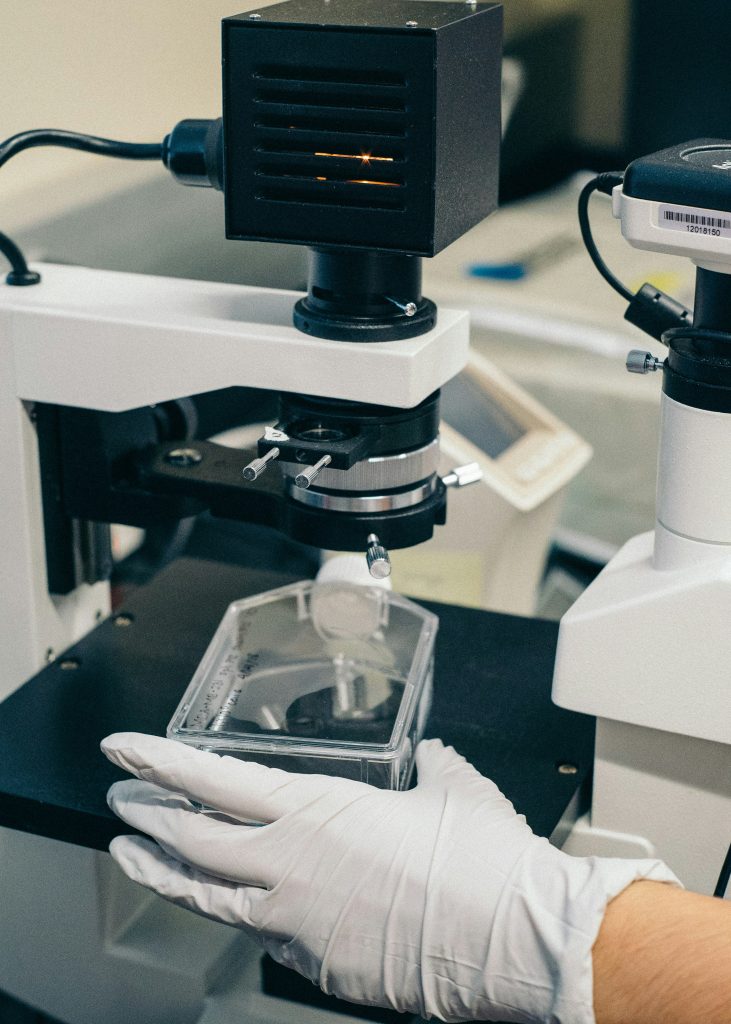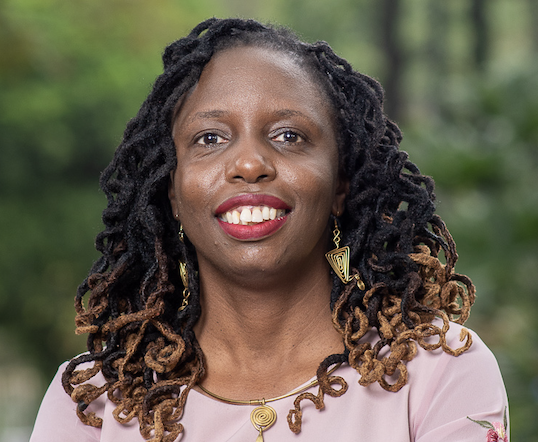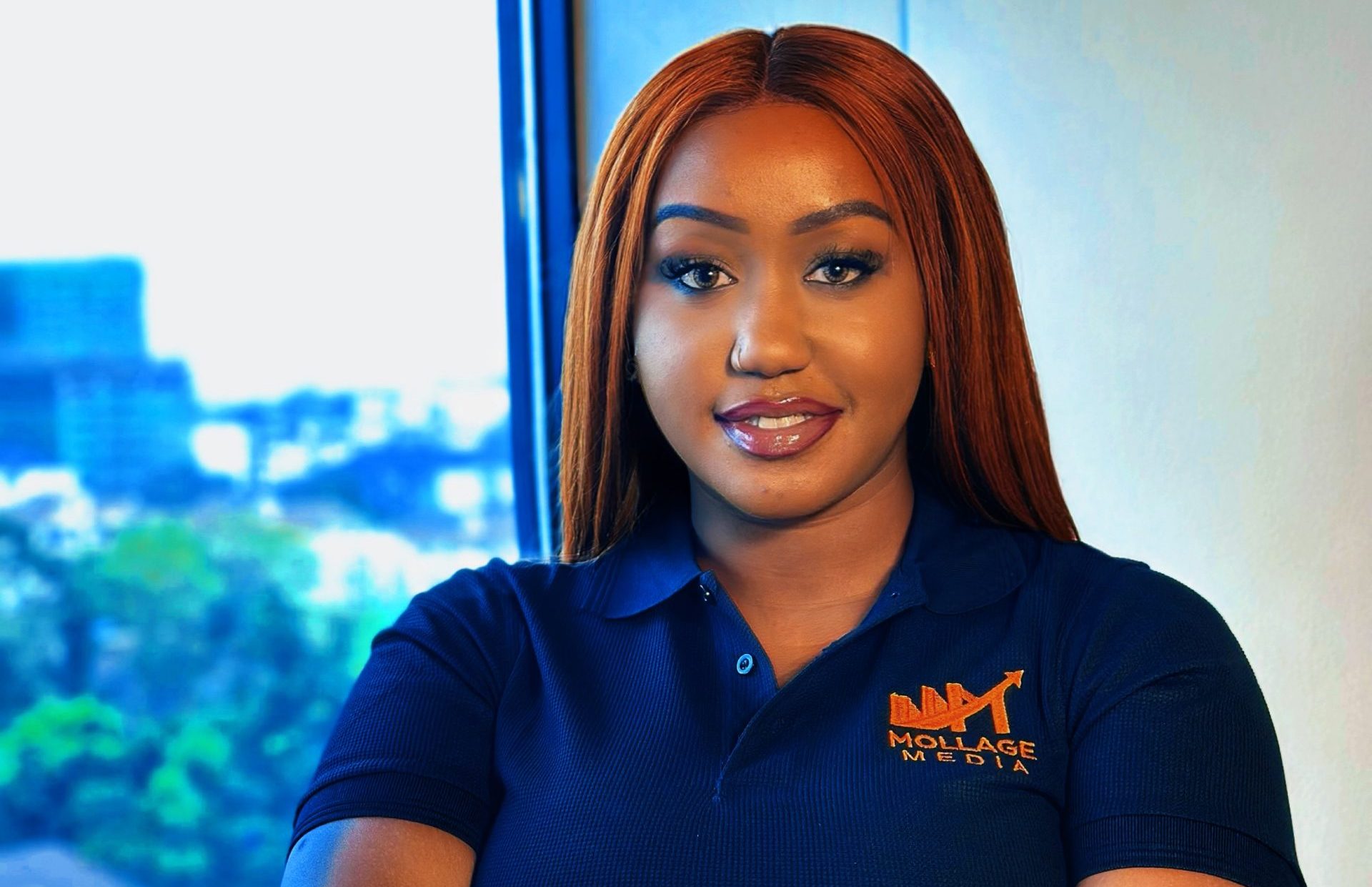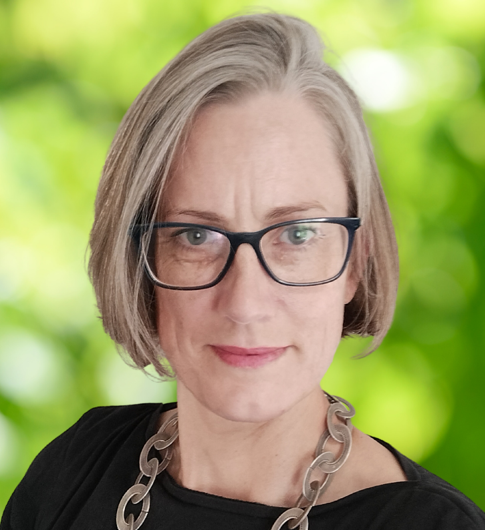Our Comms Spotlight for this week is a professional who’s passionate about Science Communications. Deborah-Fay Ndlovu started her career as a Science Journalist and after nine years, she transitioned to Corporate and Science Communications. Her love for science is palpable and in her interview with us, she shares a bit about her transition journey. Currently, she is the Corporate and Science Communications Lead at Science for Africa Foundation.
How did you transition from being a Journalist to building a career in Communications?
My transition from Science Journalism to Corporate and science communication happened in 2015, after I recognised the potential to combine my background in Science Journalism with the strategic needs of organisations focused on science.
While Journalism honed my ability to write and distill complex information into clear, compelling stories, Communications allowed me to apply those skills in a way that supported institutional goals. But I’ll be honest: the transition wasn’t as smooth as I expected. It challenged me in unexpected ways, forcing me to step out of my comfort zone. That experience taught me a profound lesson—we grow the most when we embrace discomfort.
As humans, we have an incredible capacity to adapt and expand in ways we never thought possible. For those considering a transition, know that it might not be easy, but that’s where the growth happens. Embrace it, and expect to come out stronger and wiser on the other side.
Tell us about your role at the Science for Africa Foundation.
At the Science for Africa Foundation (SFA Foundation), I lead the Communications function, ensuring our mission and work are effectively shared with the world.
My role involves providing strategic oversight for both Internal and External Communications and spearheading initiatives to elevate the visibility of the groundbreaking science and scientists we support, amplifying the impact of their work across diverse audiences.

Can you share some highlights from your career so far?
One of the things I really enjoy is championing Science Communications, especially raising awareness among scientists. Over the years, I’ve trained more than 600 scientists in this area, and the best part is witnessing those “aha” moments when it clicks for them.
For example, a scientist in South Africa set up a whole Communications function for her research group, and another in Kenya did something similar. Recently, I supported a colleague to write an Op-Ed about procurement challenges in science, and that piece opened doors to speaking engagements and even discussions about funding solutions.
I’m also proud to have launched initiatives like the Africa Science Desk and Africa Science Journalism Awards, which have opened doors for African Journalists, whether through international awards, promotions, or financial support. It’s all about creating opportunities and watching others thrive. And moments like these give me a real sense of fulfillment—and make me feel like I could drop the mic! As a matter of fact, I am dropping the mic as I write this!
What do you wish more professionals knew about Science Communication?
Science Communications is an exciting and rapidly growing field across the continent, offering significant opportunities for individuals to transition into new careers and contribute valuable knowledge. This opens doors to academic publishing and other avenues for sharing insights.
For the funding community, demonstrating impact and visibility is crucial; therefore, developing an effective formula to showcase this impact can be a game changer for organisations.
However, one of the main challenges is finding vendors and consultants who truly understand the nuances of effectively conveying science. As a result, professionals in this field often need to offer more guidance and support than in other sectors. Furthermore, there is an increasing need for greater recognition of the strategic role science communicators play in bridging the gap between scientific communities and the public.

How do you stay inspired while you continue to build your career?
Honestly, I love science—I believe in it wholeheartedly! Working in this field is my daily source of inspiration. The best part is being at the intersection of Science and Communications, where I get to be involved in initiatives that make real-world impact, whether in health, agriculture, or environmental sustainability.
I also find a lot of motivation in the people I work with—scientists and communication colleagues alike—who are all driven by a shared passion for using science to tackle global challenges.
What advice would you give to someone starting a career in Science Communication?
My advice? Find a mentor—someone who’s already been where you’re headed. Their guidance will be invaluable, helping you sidestep common challenges.
Stay curious and adaptable; science is always evolving, and keeping up with it is key to effectively raising its visibility. Read widely to deepen your knowledge and understand the unique African science landscape, so you can better support its growth. And most importantly, be patient and persistent.
Science Communications can be demanding, but the reward is knowing your work is making a real impact.





